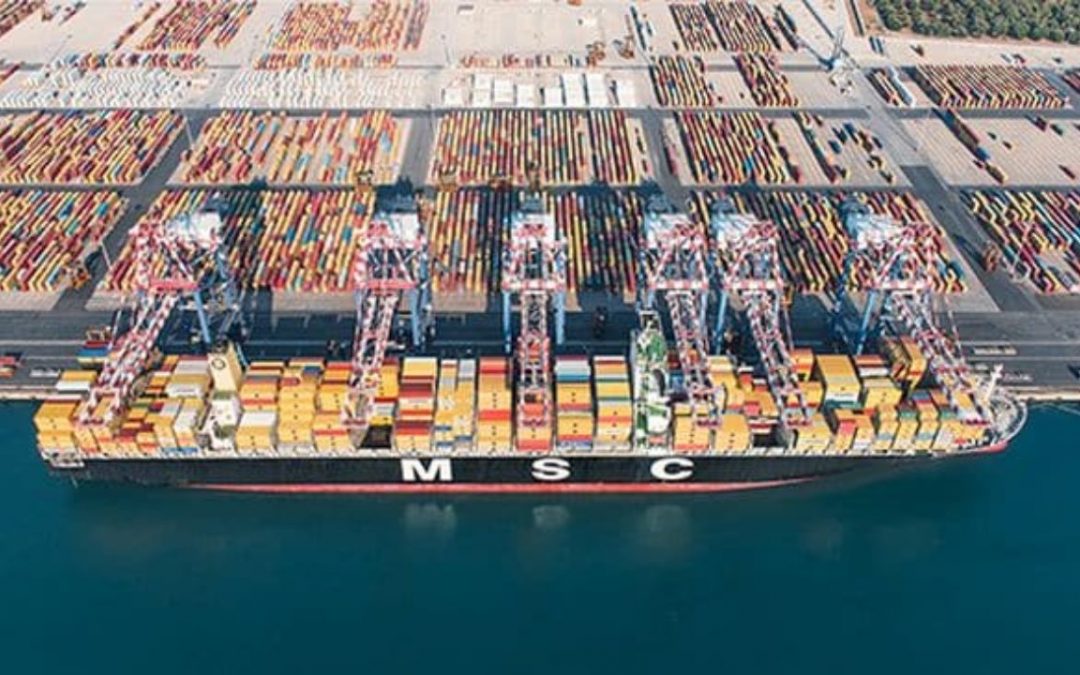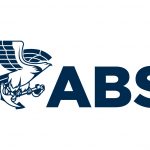MSC’s electronic bill of lading (e-BL) solution, offered via the WAVE platform, enables its customers to continue shipping goods despite COVID-19 quarantine and lockdown measures, by providing a reliable, and secure digital platform for the fast transfer of trade-related documents.
MSC Mediterranean Shipping Company and third-party blockchain platform WAVE have been partnering since 2019 to promote and introduce the Electronic Bill of Lading (e-BL) with selected shippers in India. As part of its response to COVID-19 to ensure business continuity, the company is now accelerating efforts for a wide adoption of the digital solution throughout the country.
Traditionally the shipping industry has heavily relied on physical documentation, stamps and signatures. The bill of lading is one of the most important documents in international trade, present from origin to destination and critical to ownership of cargo, customs clearance and financing. In the pre-COVID, paper-based process, it would take days for the BL to travel from origin to destination, physically changing hands several times along the way.
However, once lockdown and social distancing measures were put in place, the existing manual processes and physical method were disrupted or even no longer feasible in some countries. “We have had situations where couriers were unable to deliver documents between ports, trade offices and banks due to quarantine measures,” relates Capt. Deepak Tewari, Managing Director at MSC India.
Digital e-BL helps keep containers moving amidst COVID-19
With the flow of a significant number of shipping containers being impacted by the pandemic, MSC has started to offer the WAVE e-BL solution to streamline affected operations and ensure continuity of service.
“We have been working with WAVE on introducing and piloting an e-BL solution since 2019. We ran successful pilot projects with some of our customers last year, where we saw first-hand the benefits which arise from digitalising this part of the process. When the COVID-19 pandemic hit, we decided to accelerate our roll-out and offer the e-BL solution to our broader base of customers.” explains Capt. Deepak Tewari “WAVE mirrors the paper-based process that the shipping and cargo transportation industry is used to, only without physical couriers,” explains Managing Director. “Thus, it’s an ideal solution to implement at a time when our customers need to rapidly adjust their processes, as the learning curve is quite low.” he adds.
Mr. Gadi Ruschin, CEO at WAVE, comments: “Our mission since founding WAVE has been to transform the efficiency and security of international trade documentation through our robust digitisation protocol. We now see ourselves as ‘mission critical’ to ensuring trade can continue as physical movement of people and the paper they carry has been shuttered across the world. It couldn’t come at a more critical time as countries rely on trade to fight COVID-19 and save their economies. We launched this unique onboarding effort to help MSC swiftly onboard stakeholders and navigate the challenges while preparing the carrier to flourish once conditions normalise.”
With MSC’s e-BL solution, BL transit time can be reduced from days to minutes, without the need for physical contact. The e-BL is sent using WAVE’s blockchain-based system, which uses distributed ledger technology to ensure that all parties can issue, transfer, endorse and manage trade-related documents through a secure, decentralised network. The protocol is approved by the International Group of Protection & Indemnity Clubs and meets the highest industry standards for security and privacy.
The application is available free of charge for on-premises installation for shippers, importers and traders. Users only pay for issuing the original documents, and they do not need to invest in any IT infrastructure or make operational changes in order to use the service. They can simply sign up via the WAVE section on MSC’s website: www.msc.com/wave.
Source:- Daily Shipping Times






